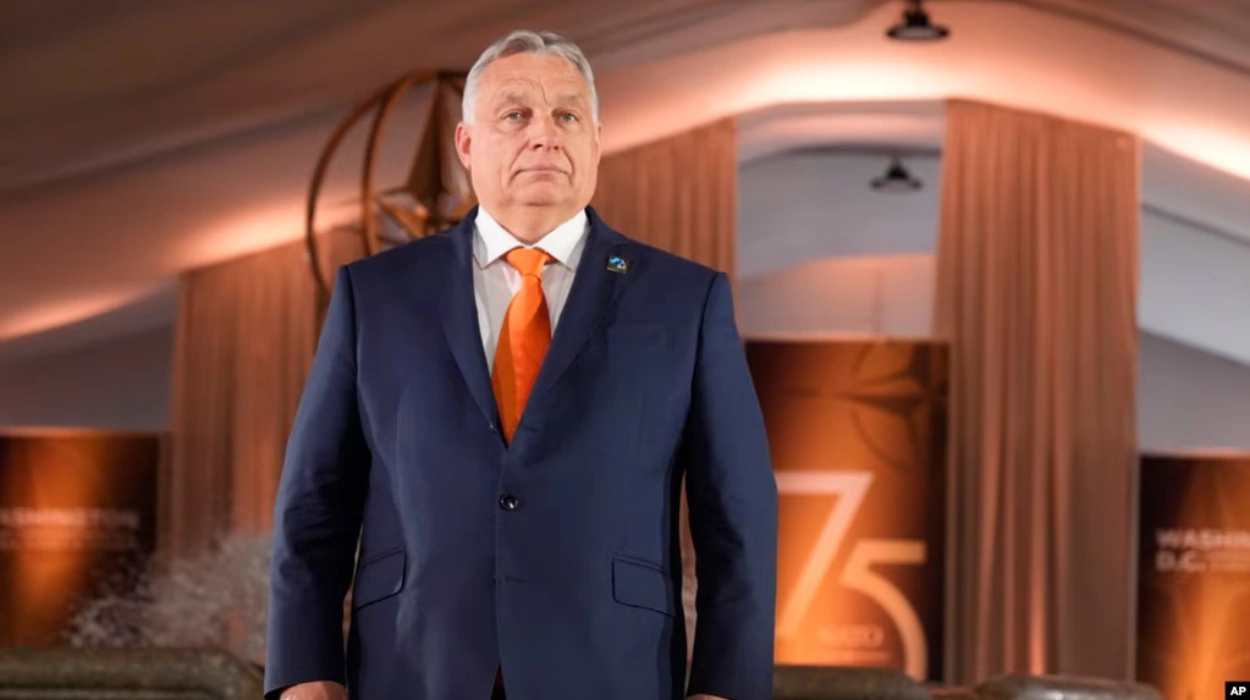Europe (Washington Insider Magazine)- Hungarian Prime Minister Viktor Orban has been on an extensive worldwide tour, visiting Kyiv, Moscow, Azerbaijan, Beijing, Washington, and Mar-a-Lago. Although there is a lack of a formal peace plan, Orban seeks to position himself as a pivotal peacemaker in the Russia-Ukraine dispute, which has generated criticism from EU and US officials.
Controversial Statements and Actions
Orban’s message, which he posts daily on his Facebook page, stresses the importance of real peacemaking. However, his strong ties to Russian President Vladimir Putin and Chinese leader Xi Jinping have been accused of eroding EU and NATO unity. Orban supports for a cease-fire with a specific timeframe but insists that he is not negotiating on behalf of any party.
European and American Reactions
According to BBC, Orban’s recent visit to Russia, the first by an EU leader since April 2022, has angered his European counterparts. Charles Michel, President of the European Council, stressed that Hungary’s rotating EU presidency does not grant Orban the authority to engage with Russia on the EU’s behalf. The US State Department also expressed skepticism about Orban’s intentions, while acknowledging his visit to Ukraine.
Domestic and International Motives
Domestically, Orban’s global tour aims to strengthen his image amid internal challenges, including scandals and political rivals. Internationally, he seeks to boost the influence of his Patriots for Europe (PfE) group in the European Parliament, which has recently gained significant traction.
Limited Disclosure and Future Prospects
Details of Orban’s discussions with leaders in Kyiv, Moscow, and Beijing remain sparse. A leaked letter to Charles Michel reveals some insights, such as Putin’s conditional openness to a ceasefire. Despite mixed reactions to his mission, Orban continues to advocate for a NATO focused on peace rather than conflict, viewing the Russia-Ukraine war as a civil conflict exacerbated by US intervention. He believes a potential Trump victory in November could drive both sides to negotiate.


























